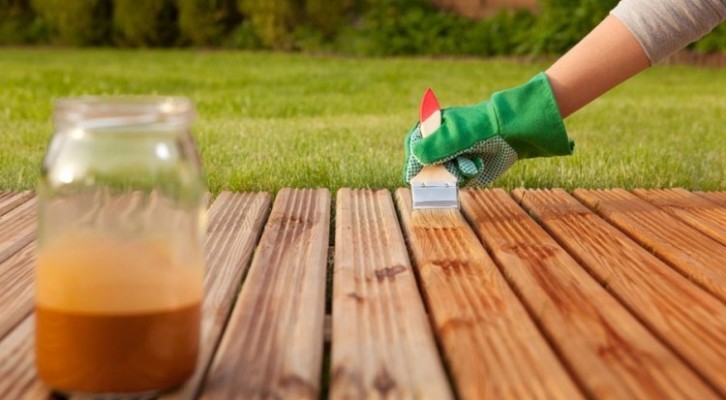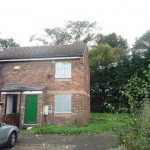While there are known benefits of buying used or foreclosed homes, the home buying procedure definitely involves some risks too. It is, therefore, important that you invest in thorough research on the used home you are going to purchase. To begin with, you can access lists of foreclosed or previously-owned homes from your county hall, courthouses or online through real estate listing websites.
Often, used homes can be just as troublesome and back-breaking as the new ones. Since these houses have been tested by several years of use and maintenance fixes, they can be full of unresolved issues, especially if the builder had used low quality house-building methods.
A good way of hedging yourself against expensive renovation fixes that you might come across in a used home is by hiring a qualified house inspector. The inspector’s job is to carefully inspect the house for known issues and warn you against them. However, if hiring a house inspector seems like a costly affair to you as it does cost around several hundred or thousand dollars, you should consider a few self-check points before making the purchase.
To determine whether the overall quality of a house is satisfactory, the following few suggestions need to be kept in mind:
- Conduct a thorough recce on the house and its vicinity. From a reasonable distance, take a deeper look at the house. Do the walls of the house seem flat and plumb? Do any of the walls seem bowed or not square at the corners?
- Check the water control facility. Does the ground slope away from the base of the house? Do gutters, downspouts and drainage pipes seem strong enough to carry excess water away from the house? Inspect the area for any spots of water damage that may have happened previously in the house.
- Inspect the roof. Make sure the roof of the house is new and in good shape. Pay a visit upstairs to check the roof for any cracks, leakage spots or alignment issues.
- Get to know the electrical system. It is very important to check whether the number and locations of receptacles in the house is adequate? Also check whether the main circuit breaker is marked at at least 100 amperes.
- Check for fixtures in the kitchen and the bathroom(s). You need to check the quality of fixtures in the sinks, toilets and tubs. Check whether the water pressure is adequate when the faucets are turned on and the toilet is flushed.
- Inspect water heater and plumbing systems. Verify if the water heater is either gas or electric. The supply pipes carrying water from the water heater to fixtures should be made of copper.
- Observe finer details. Take a closer look at the quality of workmanship in the finish details such as hardware, tile work, moldings wall panels and paint.
These points would be able to help you determine the overall health of the house. You may have to invest precious time into going over the finer details of the house including the construction material used, the safety provisions, and also the neighbourhood in which the house is located if you wish to save money on the additional costs of hiring a professional for carrying out these tasks for you.



























